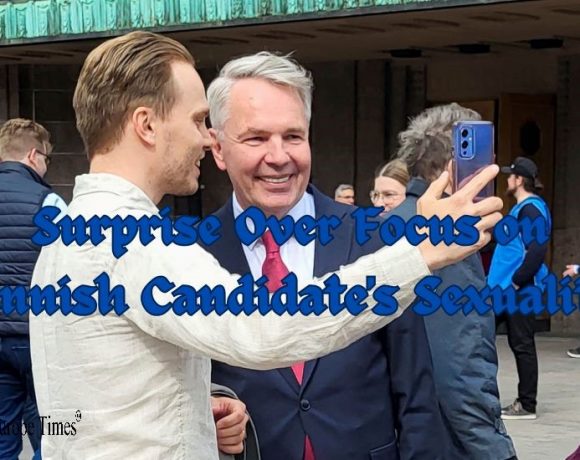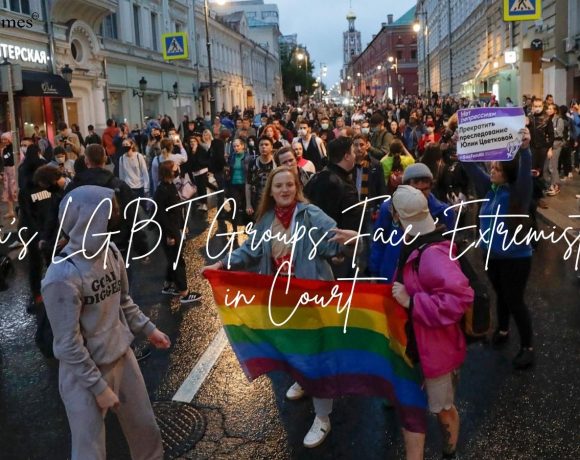
Finnish presidential candidate Pekka Haavisto has expressed surprise and dismay at the sudden focus on his sexuality in the final days of campaigning before Sunday’s election, particularly by journalists from the national broadcaster, Yle. Haavisto, who could become Finland’s first Green and first gay president, noted that while his sexual identity was discussed in his 2012 campaign, it hadn’t been a central topic this time until the second round of voting.
He questioned why his sexuality had become an issue now and suggested that some journalists’ active pursuit of the topic raised questions. This comes after a poll found that a third of voters wouldn’t support him because he is gay. Despite this, Haavisto has been gaining ground on his rival, Alexander Stubb, according to the latest Yle poll, though he still trails 46-54%.
The campaign has also seen debate over nuclear weapons, with Haavisto opposing their storage in Finland, while Stubb advocates for a change in the law. Both candidates have diverse support bases, with Stubb favored among pensioners and Haavisto drawing support from younger voters, making turnout crucial for him.
As the campaign enters its final days, Haavisto continues to engage with voters, particularly focusing on female and young voters. If elected, he aims to prioritize addressing the climate crisis on the global stage, seeking to form an informal coalition to pressure international bodies for urgent action.
Haavisto is surprised by the sudden focus on his sexuality in the campaign’s final days, believes it to be an artificial topic, and remains committed to his platform of climate action and engagement with voters ahead of the election.
Picture Courtesy: Google/images are subject to copyright

